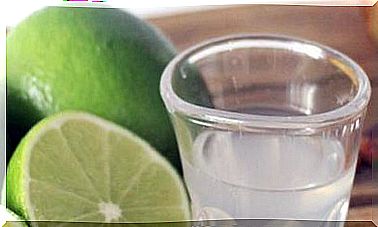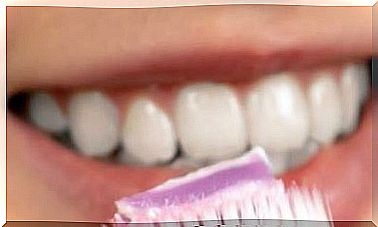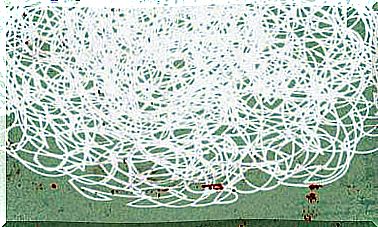How Is Your Skin? These Are The Care You Need
To take care of your skin, the first step is to know your skin and how it behaves at this point in your life. So you can decide which natural treatments are best for you.

Although each person has their own characteristics, four types of skin are distinguished in principle : oily, dry, combination and sensitive. Now, the type of skin you have is not something definitive, it depends on each moment. There are certain genetic predispositions, but some factors can influence its condition and it should be taken into account to choose the most appropriate natural care in each case.
Among the factors that influence the condition of the skin we find:
- Internal factors such as the vital moment, diet, water intake, etc.
- External or environmental factors such as weather, stress, the use of chemicals in certain jobs or cosmetics with detergents that alter the skin.
In general, sebaceous secretion decreases over the years, but in all cases, using the proper care, it is possible to keep the skin in a state of balance, health, beauty and luminosity. It is always highly recommended to give the skin cosmetics with totally natural ingredients, biologically much more related to it, and that achieve better absorption and action.
It is just as important to follow an adequate diet for your skin type as it is to provide you with specific natural care for your specific case and moment:
Oily skin: clean and do not overload
It usually has a shiny appearance, with enlarged pores and fat on the surface or small pimples under it, and is more common in young people. These are the essential natural care for oily skin:
- This type of skin requires a deep but not aggressive cleaning. Should avoid alkaline soaps, which could cause a rebound effect, and replacing milk by cleansing creams cleaning with less fat or soft cleansing lotions.
- The tone is important because it closes the pores typical of the skin and leaves the skin prepared for hydration. Some tonics also have an antiseptic effect.
- At least once a week a purifying clay mask is recommended.
- In many cases, a nighttime moisturizer is not necessary. It would be more appropriate to use serums, but if you opt for the night cream, it is best to choose light products that are not comedogenic or occlusive.
Dry skin: hydrate and nourish without drying out
Dryness can be the result of age, some pathology, weather conditions or exposure to compounds such as solvents or aggressive detergents.
- Cleaning creams or milks can be used for cleaning.
- For toning, choose floral waters such as witch hazel or rose, which do not dry out.
- The hydration and nutrition of this type of skin is very necessary. It must be carried out with non-occlusive substances, which do not clog the pore as paraffins and other petroleum derivatives do. Ideally, they should be vegetable fatty acids and moisturizing substances such as glycerin or hyaluronic acid.
- It is recommended to carry out an intensive treatment at least once a week, applying nourishing ampoules or masks.
Combination skin: balance the extremes
It is a polarized skin: what is known as the T zone (nose and forehead) behaves like oily skin, and the rest, on the other hand, like dry skin. There are already products on the market for this type of skin without occlusive agents.
- In cleaning , cleansing milks or micellar waters are recommended.
- The tonics will eliminate glare.
- For hydration, it is preferable to opt for hydrating fluids.
One of the advantages of natural cosmetics is its ability to awaken the self-regenerating power of the skin, which can balance both extremes.
Sensitive skin: softness above all
This skin has a very low tolerance threshold: it reacts easily with redness, itching, tightness … It is usually very permeable skin and therefore natural cosmetics with 100% natural ingredients are especially recommended.
- It is advisable to avoid allergenic products and, of course, occlusives.
- In cleaning it is better to do without soaps.
- In toning, choose floral waters.
- For hydration, it is recommended not to use essential oils or rosehip, which could irritate it.
What type of skin do I have?
To identify your skin type, look at it in front of a mirror:
- If it appears shiny and with open pores all over the face, the skin can be considered as oily.
- If that glow only appears on the forehead and nose (forming the so-called “T”), while the cheeks are tight and dry, you are dealing with so-called combination skin.
- If it is dull, tight, and has tiny pores, it should be treated as dry or dehydrated skin.
- If it turns red before any stimulus or if irritations, itching, tightness appear easily. .. it is probably before a sensitive skin. If the skin appears healthy and has no pathology or discomfort, the skin is probably normal.









